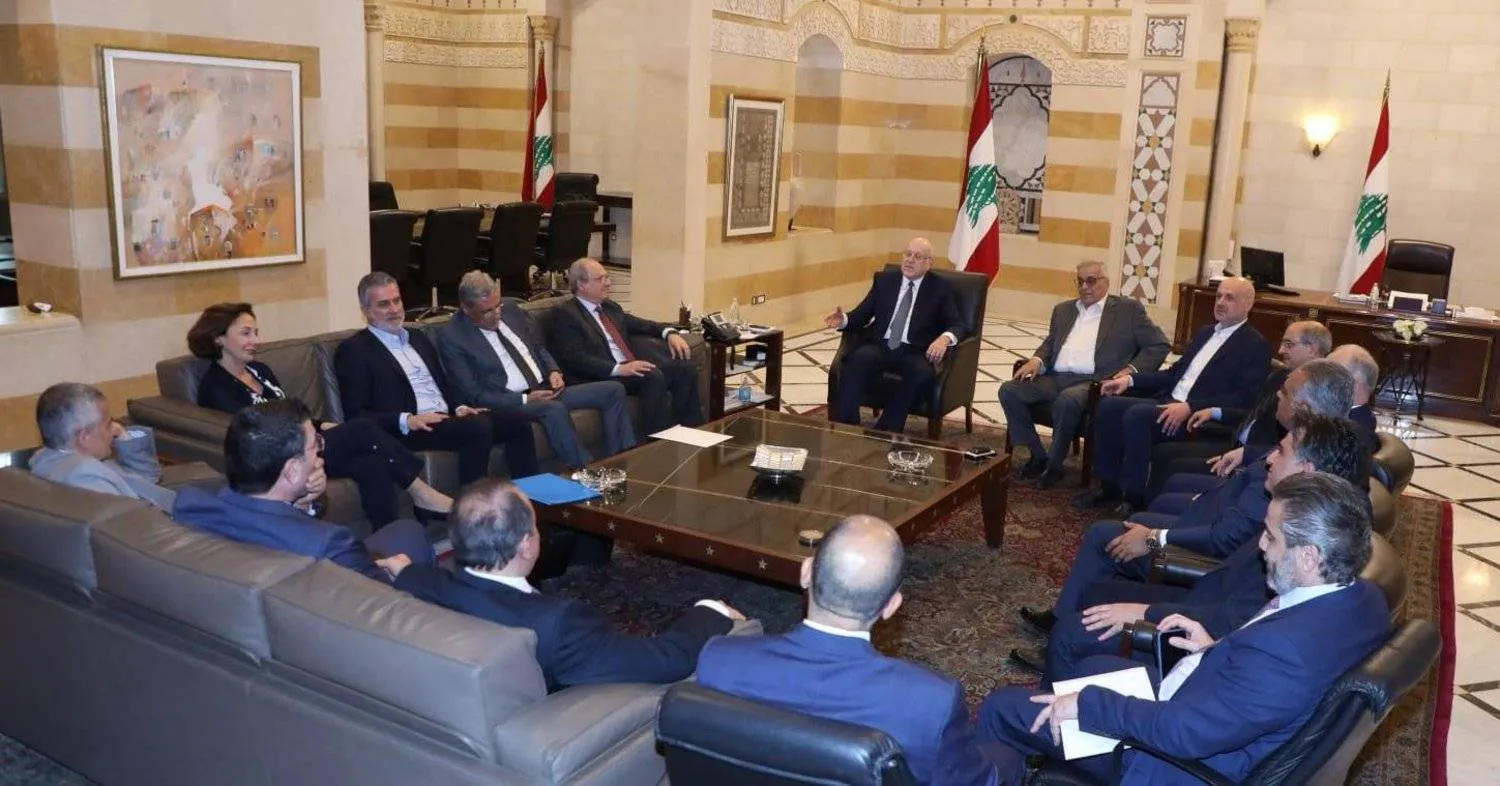Lebanon’s caretaker Prime Minister Najib Mikati expressed hopes on Thursday that Arab leaders participating in the Arab League summit in Jeddah, succeed at setting a road map that enables the Arab world to face the challenges ahead.
Mikati, leading a Lebanese delegation to take part in Friday’s summit, urged all parties to cooperate with Saudi Arabia’s “serious” efforts to make the summit a success.
He told Asharq Al-Awsat that it heralds a better “Arab rapprochement”.
The PM expressed confidence that Saudi Arabia, under the leadership of Custodian of the Two Holy Mosques King Salman bin Abdulaziz and the Crown Prince and Prime Minister, Mohammed bin Salman, eagerly seeks to make the summit a "distinguished" one.
“The challenges we face in the Arab world are major, diverse, and dangerous,” Mikati added, noting that Saudi Arabia is exerting serious efforts to resolve them.
To a question about the crisis in Lebanon, the PM said: “Lebanon, a small Arab country, looks at the Arabs with hope. Lebanon is without a president and our government is doing all it can to run the country in his absence, although it can not be a substitute. It is trying to build instead of surrendering to the reality of a vacuum which could drive the country to the unknown.”
Some Lebanese parties criticize the government without giving an alternative or solution, Mikati explained, noting that electing a president could put a solution on the right track.
“For years, Lebanon has been battling one of its worst crises, and its people are greatly suffering from the repercussions of this crisis that paralyzed the state’s institutions and made people’s life rough,” he said urging “brethren Arab” leaders to support his country to help it steer out of its crisis.
On the return of Syria to the Arab fold, the PM said: “Lebanon looks positively at every endeavor that brings the Arabs together. We hope this path continues in the direction we all wish for.”









